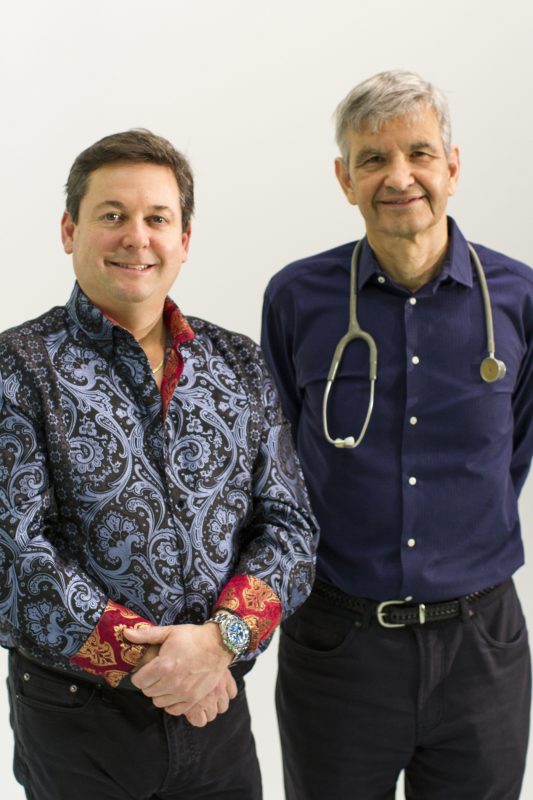Dr. Richard Tytus, Co-Founder and Medical Director of telemedicine solution Banty Inc., has been championing virtual healthcare for years.
Because of the ongoing COVID-19 global pandemic, more and more medical clinics are beginning to explore the usage of a telemedicine solution. Not only does implementing one reduce the possibility of spreading the virus throughout a waiting room, but it also meets the care needs of a sizable group of patients.
According to findings published by Jarrard Inc., 44% of patients said that the current COVID-19 situation is making them “more likely to pursue” virtual appointments with their doctor. With this being the case, medical clinics should prepare themselves for patients having heightened interest in such appointments.
Over time, Dr. Richard Tytus has learned that in order to best handle online patient appointments, a medical clinic needs to prepare itself by:
- Selecting the right telemedicine solution: Banty Medical is an easy and secure solution for practices interested in conducting online appointments with patients. It features end-to-end encryption and is HIPAA/PHIPA compliant for virtual medicine. Additionally, all doctors can create a custom Banty room address (i.e., Banty.com/MyClinic). This is the only link a patient will need to use to enter an appointment with their doctor
- Training the clinical team: Before implementing a telemedicine solution into day-to-day operations, a clinic’s team should first be thoroughly trained on it. While this may delay a move toward virtual appointments, it is important for all staff to understand the ins and outs of the solution being used. This will prepare them to work with it on a day-to-day basis, as well as assist patients when required
- Identifying patients to test out the system: Once the technology is in place and training is complete, a virtual visit pilot project with a select group of patients can be kickstarted. These patients should be informed that their assistance will help the clinic work out any possible kinks, and make the online appointment process as seamless as possible moving forward. Here, it’s best to begin with patients who have a longstanding relationship with the clinic, or are known to be tech savvy
- Widely promoting telemedicine services being offered: Following the pilot project, a clinic needs to openly promote the telemedicine services it offers. This can be done through in-practice brochures and posters, as well as readily available information on the clinic’s website and/or social media channels. Also, doctors, nurses, and administrative staff should do their best to spread the word when interacting with patients
Dr. Richard Tytus advises, “To successfully introduce telemedicine services at your practices, you need to take your time and only launch when certain boxes have been checked. If you go this route, chances are patients will have a much smoother transition from in-person appointments to virtual ones.”
Banty.com’s video call service offers all subscribers a custom, permanent URL (i.e., Banty.com/MyMeeting); a secure, end-to-end encrypted meeting space; excellent video quality; unlimited meetings each month; and straightforward scheduling tools. Video here.
More industry device news here.
